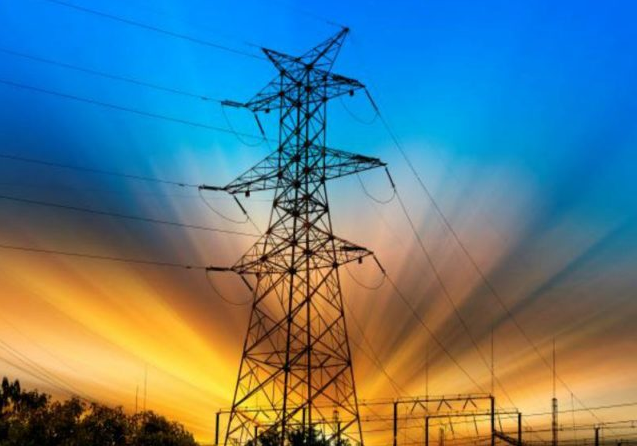
Nigeria has applied for a $3 billion loan at the World Bank for the expansion of transmission and distribution networks confirmed the minister of finance, budget and national planning, Hajiya Zainab Ahmed.
According to Ahmed, the West African country is set to get the approval of the first tranche of the $3 billion loan by April 2020, reports the Leadership.
Addressing the media at the end of the 2019 Annual Meetings of the International Monetary Fund (IMF) and World Bank in Washington DC, Ahmed said the federal government had put a request for financing of the sector at the range of $1.5 billion to $4 billion.
She explained: “At the end of the day, it is like we would be looking at the funding size of $3 billion that will be provided in four tranches of $750 million each. Our plan is that the team will be able to go to the World Bank for the approval of the first tranche in April 2020.
“The $3 billion that we are trying to raise from the World Bank is for financing the power sector. This financing will include right now, the gap between what is provided for in the current tariff and the cost of the businesses themselves. So, there is a tariff shortfall but it would also enhance our ability to pay the previous obligations that have crystallised that we have not yet been able to pay.”
Ahmed said some portion of the funds will be used for the transmission network and "if we are able to expand the facility to $4 billion, the additional $1 billion is for the distribution network".
The minister said the facility will help the government to exit the subsidy that is now inherent in the power sector.
“It is supposed to be to reform the sector, to restore the distribution business side of the sector especially on a stronger footing so that they are freed up enough to go out and raise financing to invest in expanding the distribution network,” she said.
Power sector recovery programme
The minister noted that discussions at the week-long meetings had been around the power sector recovery programme.
"We received an update on the outstanding issues covering sustainable fiscal support, policy as well as regulatory environment,” Ahmed said.
She revealed that the discussions covered extensively the need for the sector to be more operationally efficient and also the infrastructure investment that would be required to ensure the power sector is restored to full production in a manner that is sustainable.
In conclusion, Ahmed said: “We identified the imperative of solving two critical problems. One, which is operational efficiency and two, revamping associated infrastructure in the power sector to ensure that the overall success of the intervention in the power sector are achieved
“We made two set of requests to the bank. The first is technical assistance from the bank to implementing agencies especially the Nigeria Electricity Regulatory Commission (NERC) on the review of the performance improvement plans of the distribution networks and also two, we asked for technical assistance on business continuity regulation as well as technical assistance to the Ministry of Finance in the assessment of contingent liabilities in the power sector and options of dealing with them.”